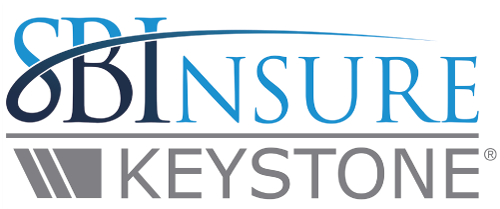Small businesses often face a myriad of challenges that can significantly impact their operations. One crucial aspect that can help mitigate risks and provide a safety net for small enterprises is insurance.
If you own a small business and haven’t yet explored the benefits and considerations of insurance, now is the time to do it! This important financial tool can help ensure the long-term success of businesses at any size.
The Benefits of Insurance for Small Businesses
Risk Mitigation
Small businesses are particularly vulnerable to unforeseen events that can disrupt operations, such as natural disasters, accidents, or theft. Insurance provides a financial cushion, helping businesses recover quickly without bearing the full brunt of the associated costs.
Legal Protection
Small businesses often face legal challenges, from liability claims to employment disputes. Insurance can cover legal fees and settlements, offering a layer of protection against potential lawsuits that could otherwise cripple a small enterprise.
Business Continuity
Disruptions in operations can have a cascading effect on small businesses. Insurance helps ensure business continuity by covering the costs of repairs, replacement of assets, and maintaining cash flow during challenging times.
Employee Well-being
Employee benefits, including health insurance and workers’ compensation, play a crucial role in attracting and retaining talent. Small businesses with comprehensive insurance packages can create a more stable and appealing work environment.
Professional Credibility
Having insurance coverage can enhance a small business’s credibility in the eyes of customers, partners, and investors. It signals that the business is prepared for unexpected challenges and is committed to protecting its stakeholders.
Things to Consider When Choosing Insurance
Assess Risks
Before selecting insurance coverage, small businesses should conduct a thorough risk assessment. Identifying potential risks specific to the industry and location allows for tailored insurance solutions that address the unique challenges faced by the business.
Budget Constraints
Small businesses often operate on tight budgets. It’s essential to strike a balance between comprehensive coverage and affordability. Working with an experienced insurance advisor can help businesses find cost-effective solutions that meet their needs.
Policy Customization
Not all small businesses face the same risks. Customizing insurance policies to address specific needs ensures that the coverage aligns with the unique circumstances of the business. Generic, one-size-fits-all policies may leave crucial aspects unprotected.
Regular Reviews
The business landscape evolves, and so do the risks associated with it. Small businesses should regularly review their insurance coverage to ensure it remains relevant and adequate. Adjustments may be necessary as the business expands, introduces new products or services, or faces changing market conditions.
Choosing Reputable Providers
Selecting a reputable insurance provider is paramount. Researching and choosing an insurer with a strong track record, excellent customer service, and transparent policy terms can instill confidence in the small business owner. We recommend working with an independent insurance agent in order to find the perfect policy for your unique business.
In the volatile world of small business, insurance stands as a vital tool for ensuring resilience and long-term success. From mitigating risks to providing legal protection and enhancing overall credibility, the benefits of insurance are manifold. Small businesses must carefully consider their unique needs and work with trusted insurance providers to create a customized coverage plan that safeguards their ventures against unforeseen challenges. In doing so, they pave the way for a more secure and prosperous future.


